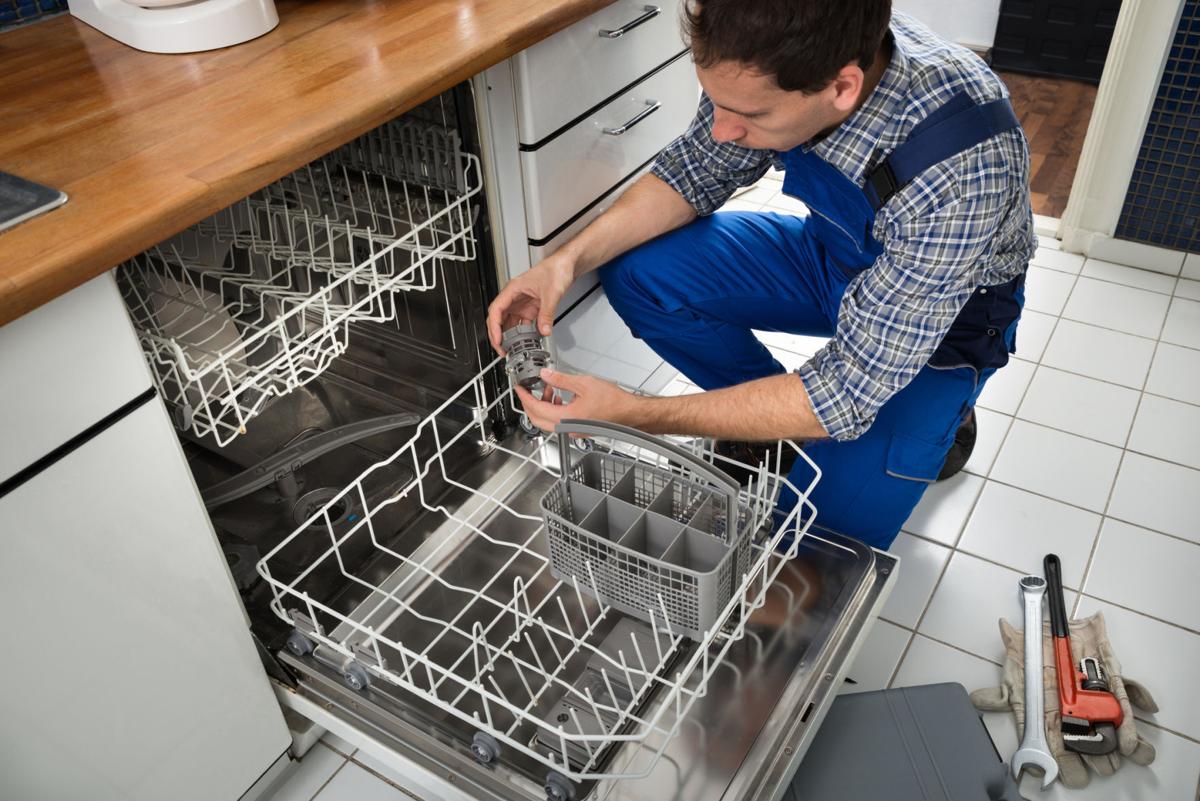Question: My dishwasher doesn’t work as well as it did years ago. I can’t afford to buy a new one. What can I do to make it last?
Answer: First, do a little fine tuning . You may not be allowing the machine to run as designed, are using the wrong amount of detergent, or have hard water. All three of those reasons could be the issue. Call a licensed, insured and reputable appliance repair company and have them assess it first. Tip — hire a company that does not sell appliances.
Q: What does the “UL” sticker on my appliances mean?
A: UL stands for Underwriters’ Laboratories, Inc. It is an independent certification process required for many products sold in the United States. The UL sticker provides consumers with a guarantee that their product has been tested and approved by UL’s team of technicians.
Q: My dishes aren’t getting clean. What is the problem?
A: Over the years, there have been federally required mandates to remove phosphates from cleaning products. Dish detergent manufacturers had to get creative to find solutions. The result is a citric acid powder, which is actually lemons. You may want to try the product, Lemi Shine.
Always read product labels before using. Sometimes the harder the water, the more citric acid you need. Similarly, with detergents, the better the detergent, the less you need.
Because hot water dissolves the detergent, use the “more heat” feature to ensure hot water. Cold water will not dissolve the detergent. If the water is too cold, the detergent acts like sand and can etch glassware. Don’t run the hot water until it is hot. That only helps the pre-wash and the water can cool before the main wash. Hot water counts when the detergent is released during the wash cycle.
Q: A terrible, sour odor is coming from the washing machine. What could be causing it?
A: As the laundry soap and fabric softener biodegrades, it creates bacteria. Both can cause a sour odor in the washing machine.
Both products are made from many different chemicals which are also biodegradable and over time, build up in the washer. While fabric softener helps make clothes feel soft, when these chemicals biodegrade, they can stink. Over time, these biodegradables get absorbed into clothes and leave a residue .
Try running a cleaner such as Affresh or Washer Magic in the washer once a month to prevent the buildup and remove the odor. Be careful not to use too much detergent. With less water being used, customers often don’t realize the wash cycle requires less soap. Today’s front loaders wash by tumbling, unlike the top loaders that use an agitator to get the dirt out. Too much soap in the front loader creates an excess of suds, which cause poor wash performance.
For a full load , use no more than half the amount instructed on the detergent’s label if you have hard water, and a quarter of the amount instructed on the label if you have a soft water system. For a large load of towels, you only need one to two tablespoons of detergent. If you have hard water, add a cup of white vinegar to the water for a half capacity load of clothes. The vinegar will help soften the water, reducing the need for a lot of fabric softener. Just add it into the basket before loading your clothes.





